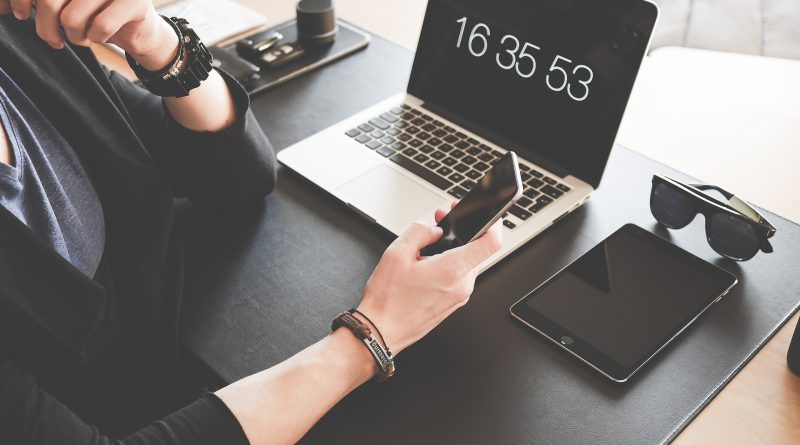How Much Screen Time Do We Have Each Day?
There is no denying that computers and modern technology have crept their way into virtually every aspect of our lives, and that shouldn’t necessarily be a bad thing. After all, we do most of our work on computers, and the use of smart technology is responsible for saving lives as well, not just making them more convenient, including such trivial thing as playing lotto online. Research has shown that, with the rise of technology and intelligent devices, people are spending more and more time behind a computer screen than ever before.

According to the USA’s National Health Institute, adults on average spend around 7 hours a day looking at their computer screens, smartphones, and tablets. These baffling results show an increase of 2 hours compared to the findings published four years ago. This article will go on to explore how much time people spend looking at their screens and under which circumstances. Also, the consequences of such actions will be discussed as well.
Which Devices Account for the Majority of Screen Time?
Regardless of the expansion of smartphones and tablet computers, 46% of all screen time comes from our TV sets. Watching the news in the morning before work, or TV series, shows, and movies after it are what people spend their time on when in front of a TV. Next in line are definitely smartphones. More than 90% of people questioned in the survey said that they start looking at their phone screen the minute they wake up, and that screen time continues throughout the day and reaches 40%. Other devices that contribute to screen time are laptop and desktop computers, tablets, mp3 players, etc.
What Impact Does Screen Time Have on Our Lives?

First of all, there are both physical and psychological effects. The physical effects usually involve deteriorating eyesight with what can be described as “Digital Eye Fatigue”. The results you get is that your eyes are becoming more tired and susceptible to vision problems. The slouching position can lead to back and neck problems, as we tend to spend a lot of time seated that way while playing games or just browsing the Internet on our smart devices.
As for the psychological effects that excessive screen time has on our lives, insomnia must be mentioned first. Many research has demonstrated that the blue neon light coming from our screens affects our brain activity and makes it more difficult for our brain to rest, thus preventing us from falling asleep.
Conclusion
Even though we are still going to spend a lot of time behind our computers, that does not mean that we shouldn’t try to minimize it. By controlling your screen time, you will do wonders for your health, mental and social well-being. You will not feel so stressed out and edgy if, instead of playing a game on your computer, you go for a stroll in the park and marvel at nature. Balance is the key, and, as far as screen time goes, that balance is crucial.

